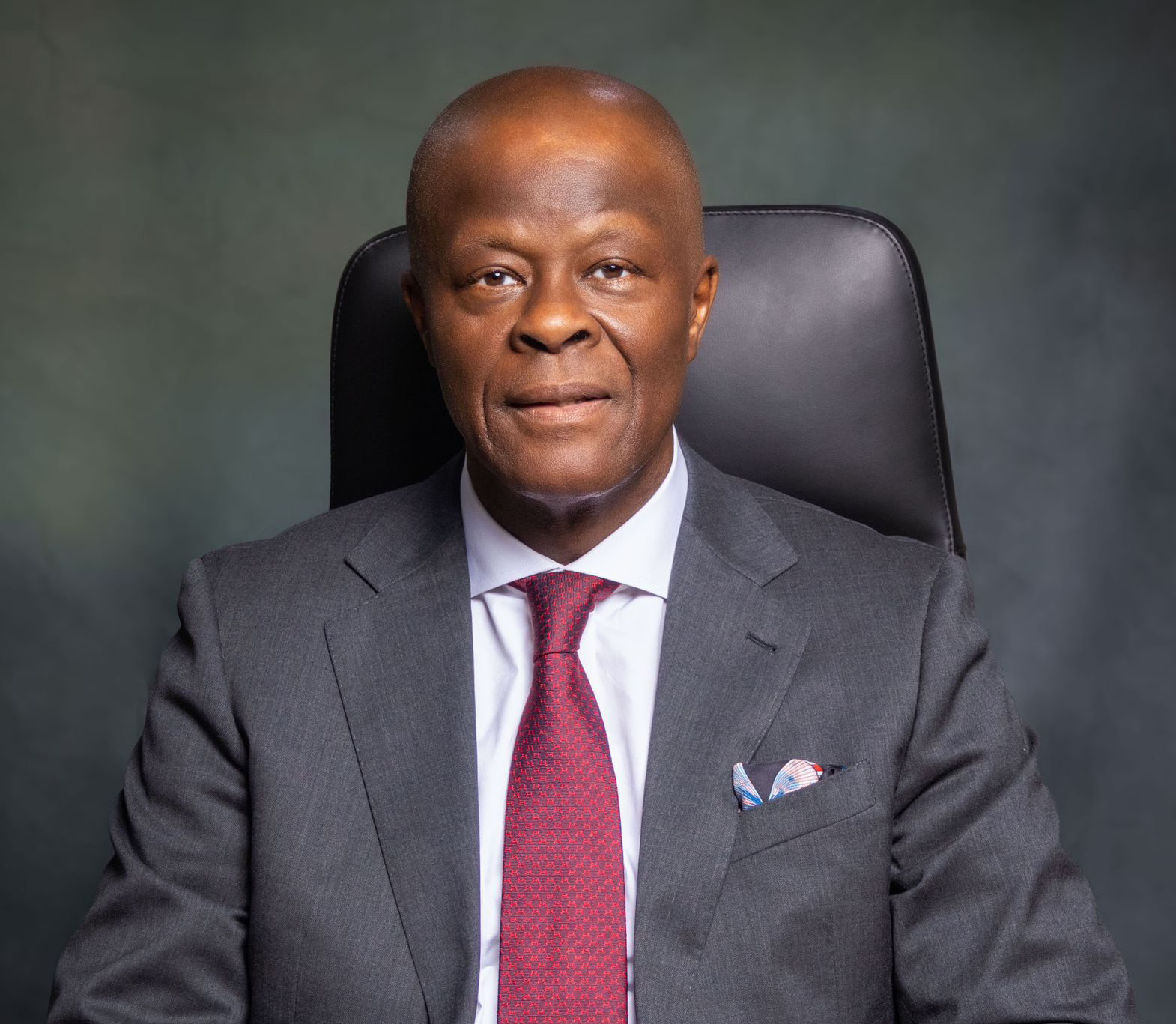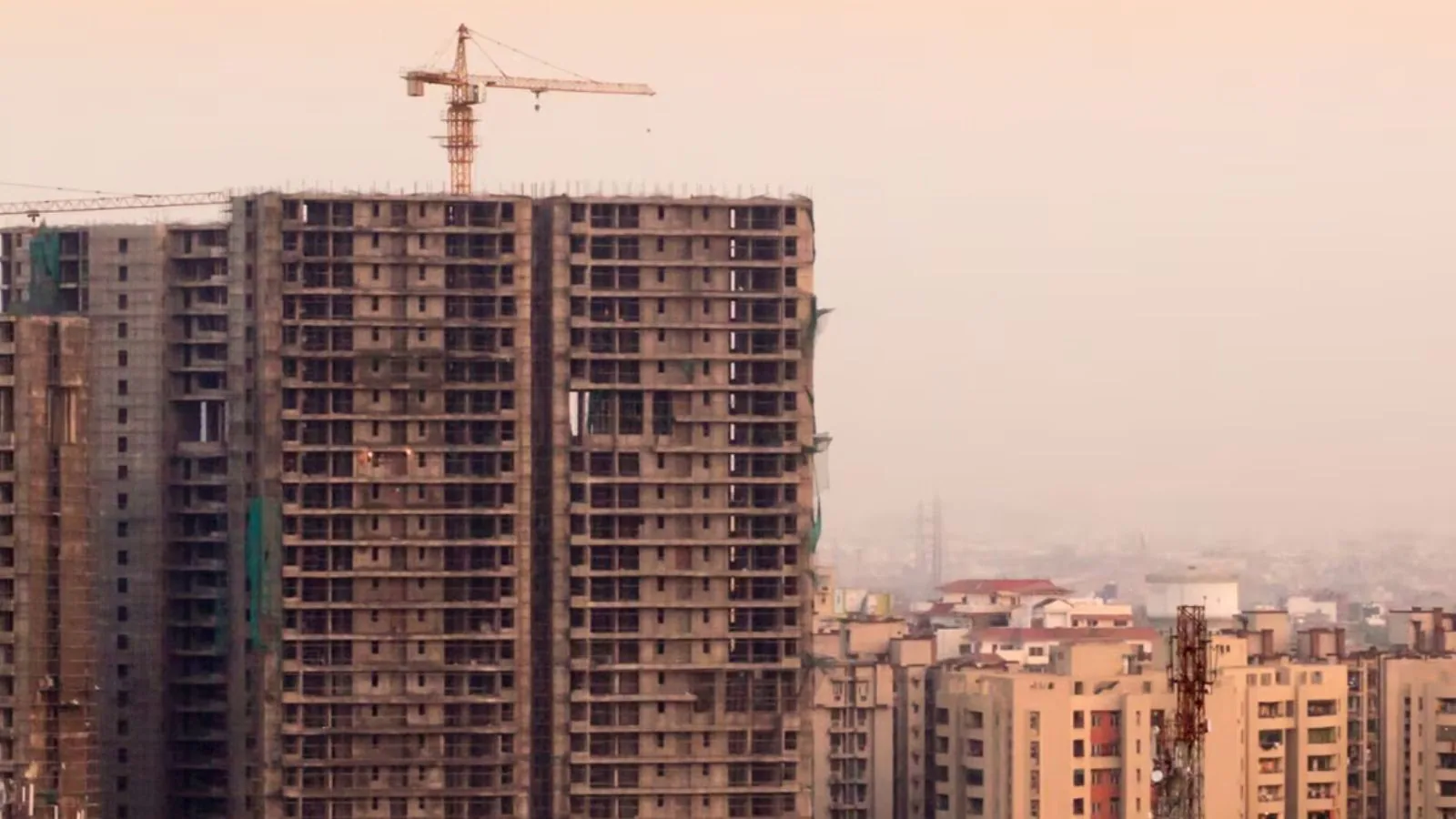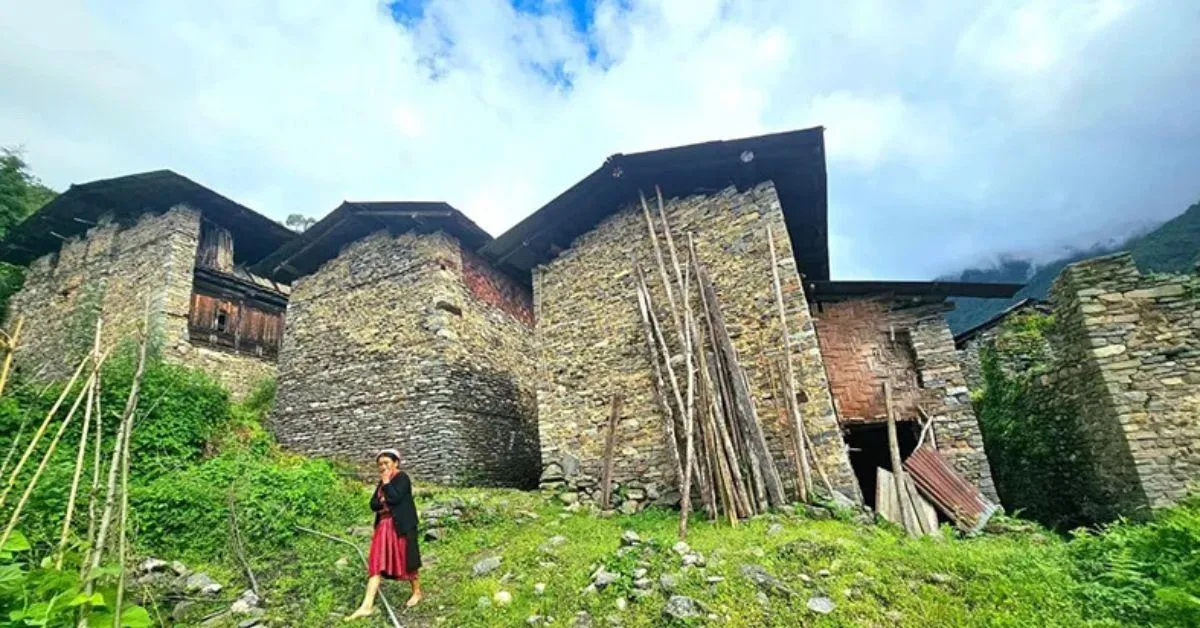By Ufoh Awele Anthony
Copyright independent

Anthony Ufoh
Poor and vulnerable Nigerians have received about N330 billion in cash transfers through the National Social Safety-Net Coordinating Office (NASSCO), says the Minister of Finance and Coordinating Minister of the Economy, Wale Edun.
He made the statement on 15 Monday,September 2025, in Abuja by stressing that the gesture is in line with President Bola Ahmed Tinubu’s strategy intervention to use the programme as a ‘shock absorber’ to limit the effects of subsidy removal and other policies on the poorest Nigerians.
According to him, about 19.7 million poor and vulnerable households — representing more than 70 million individuals — are captured in the National Social Register. The cash transfers, funded from an $800 million World Bank facility, are being disbursed to 15 million households.
Edun said, “So far, 8.5 million households have received at least one tranche of ₦25,000. Some have received two or three payments. The remaining 7 million households will be paid before the end of the year.
He stressed that the programme is anchored on a “robust and sustainable system,” with beneficiaries verified through their National Identity Numbers (NIN) and payments made digitally via bank accounts or mobile wallets.
The minister explained that, going forward, the programme would be provisioned in the annual federal budget to ensure sustainability.
“We now have the basis for a modern social protection system that can provide targeted assistance to the poorest and most vulnerable on a long-term basis,” he said.
Providing further clarification, the National Coordinator of NASSCO, Funmi Olotu, said the staggered payments were due to President Tinubu’s insistence on linking disbursements to NIN to ensure transparency.
“No more traditional cash payments. All transfers are direct debit to bank accounts. That is why some households have received one, two, or three tranches already,” she explained.



